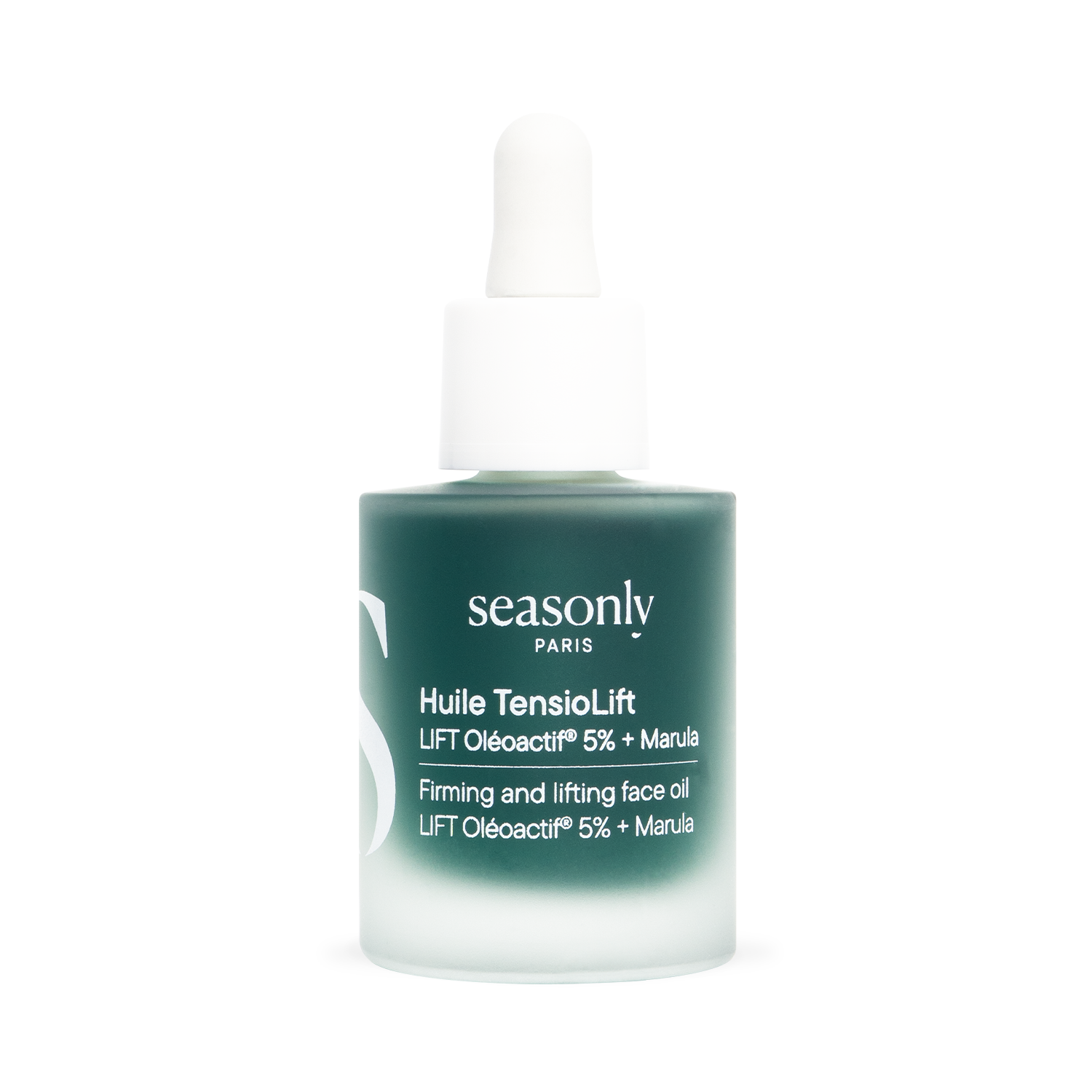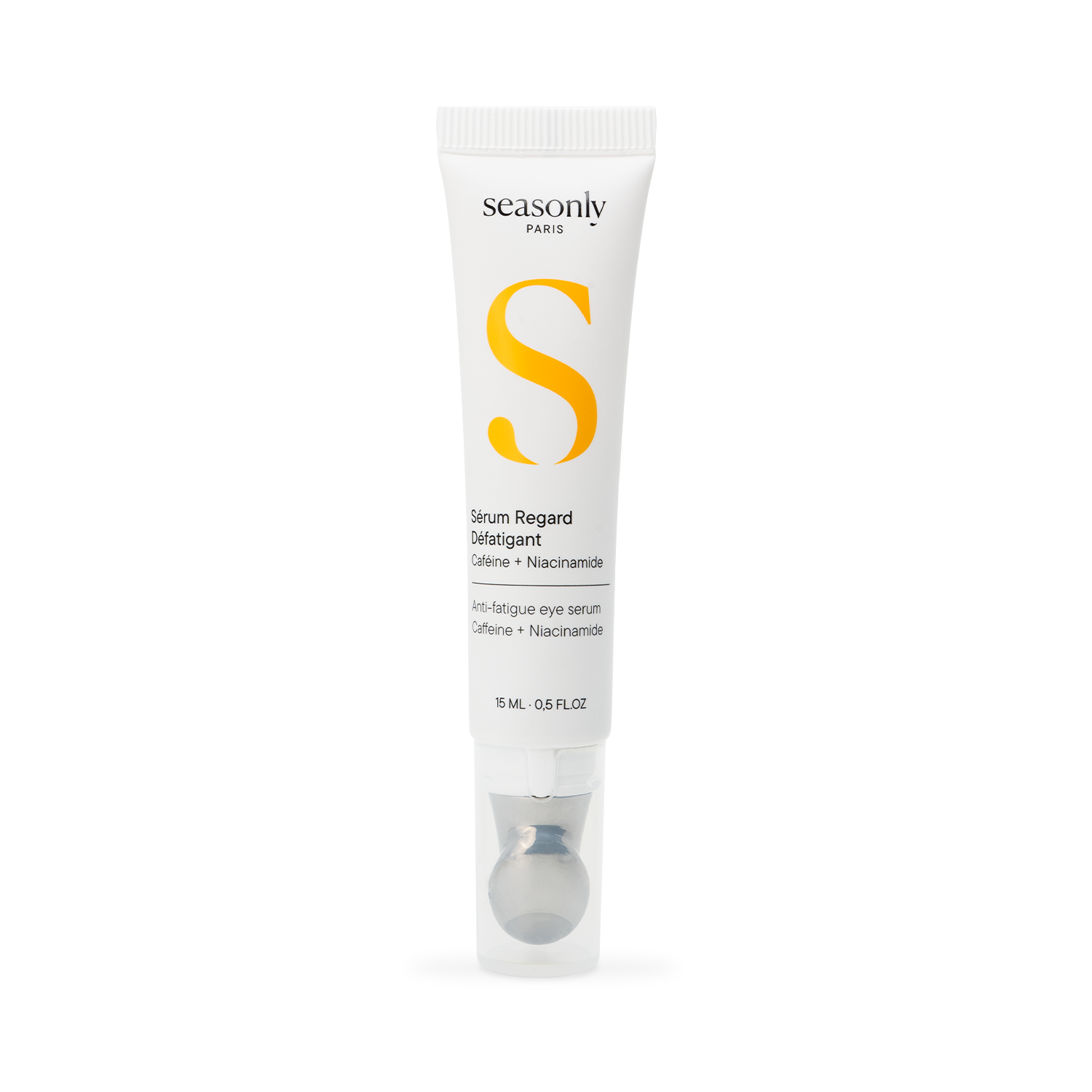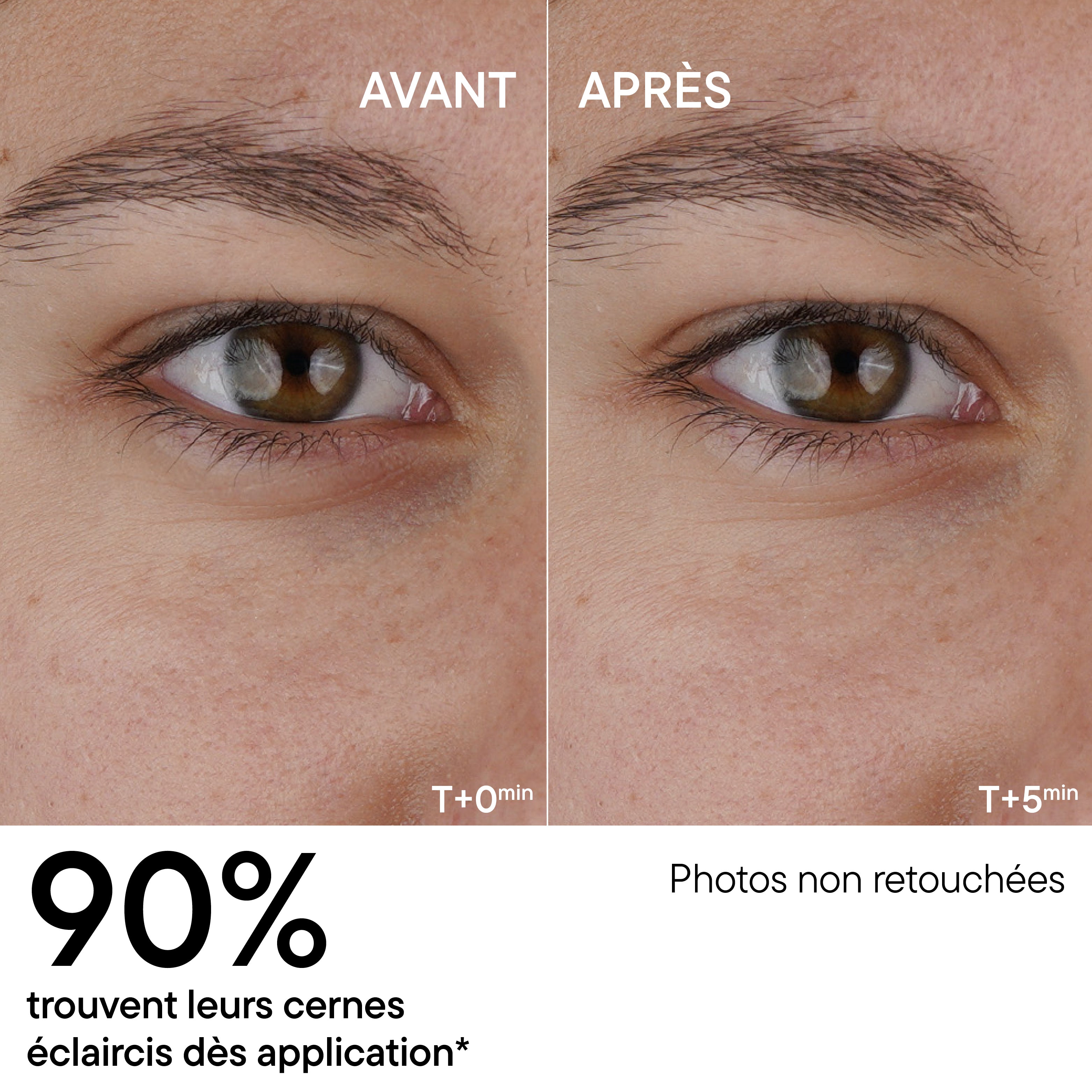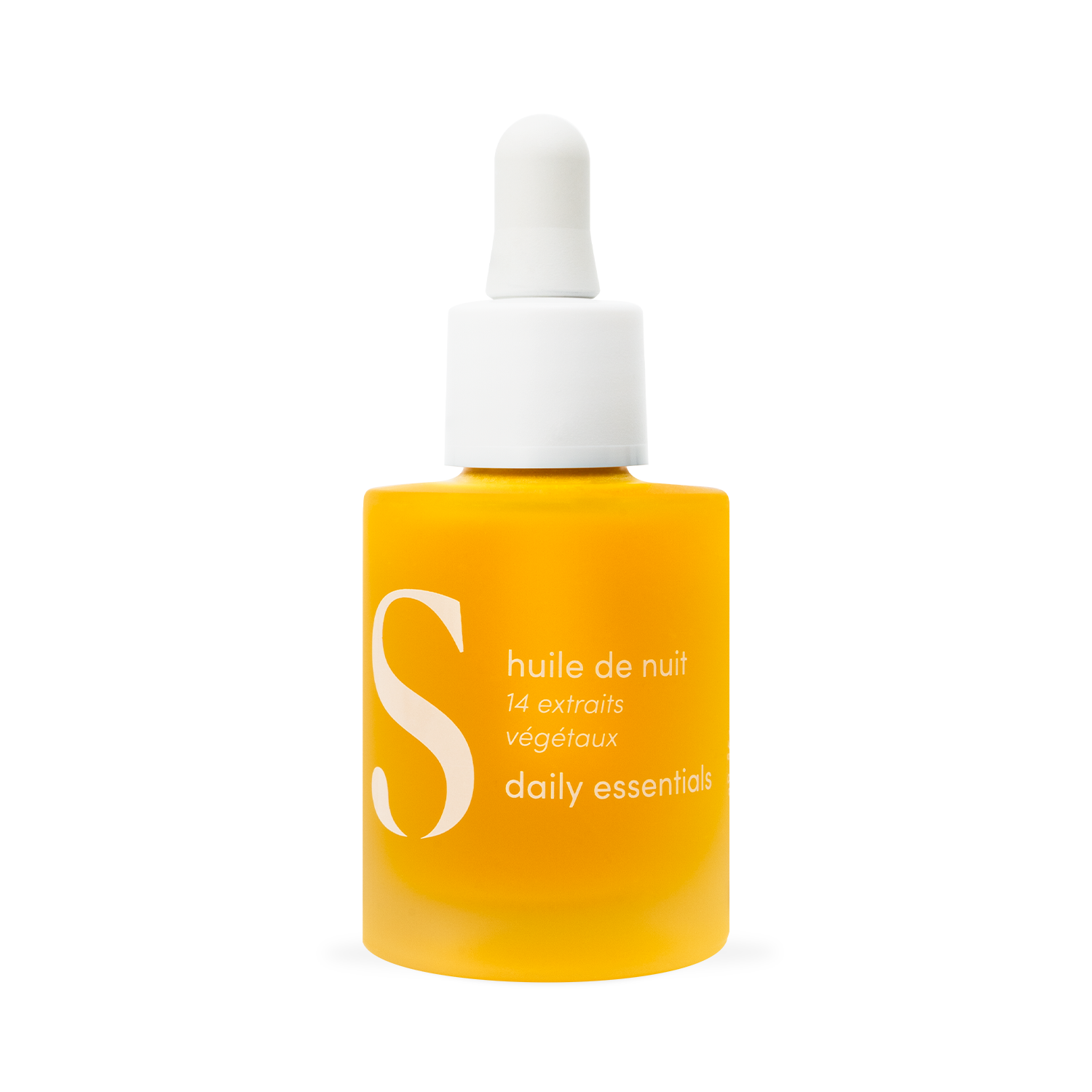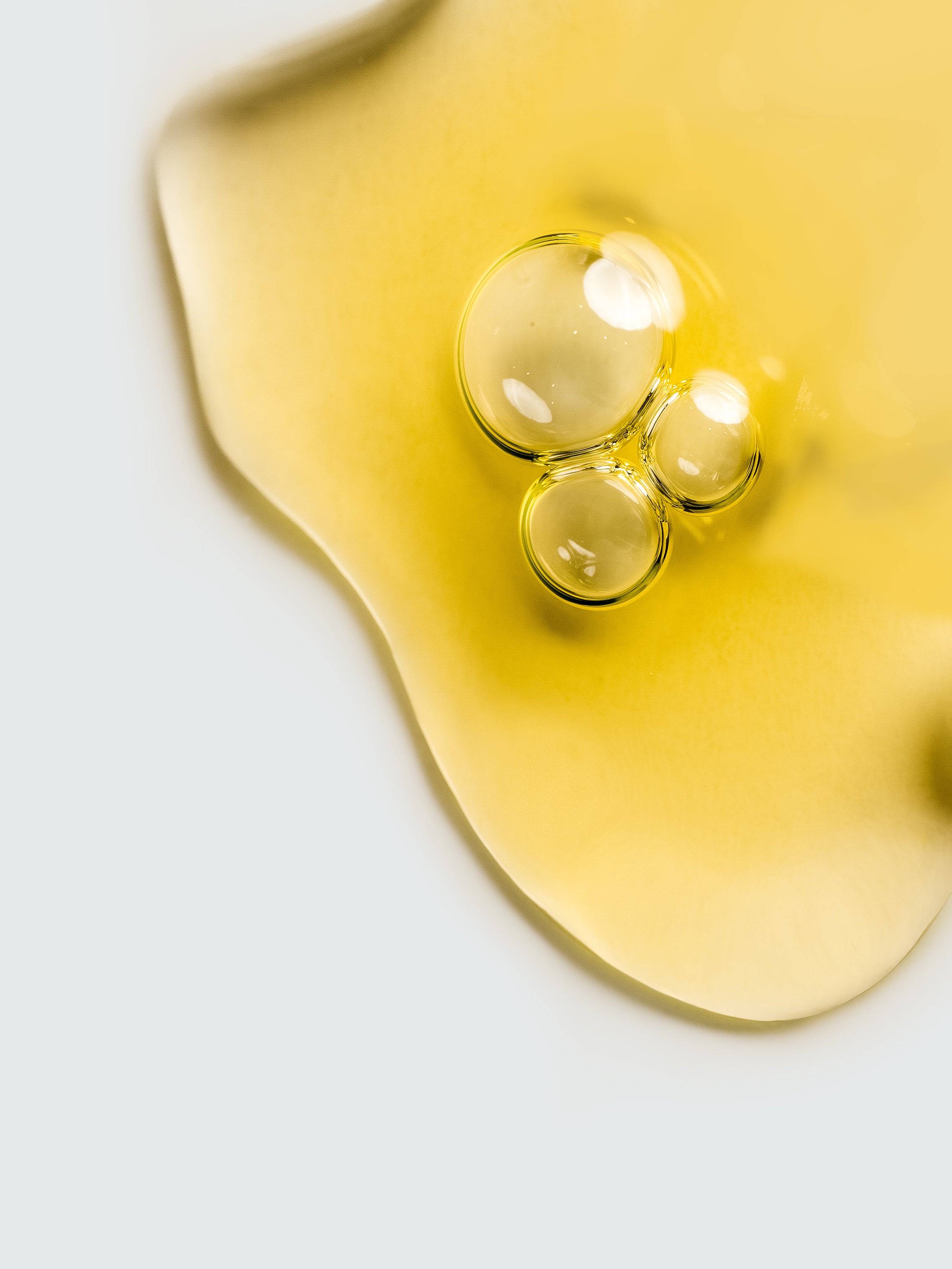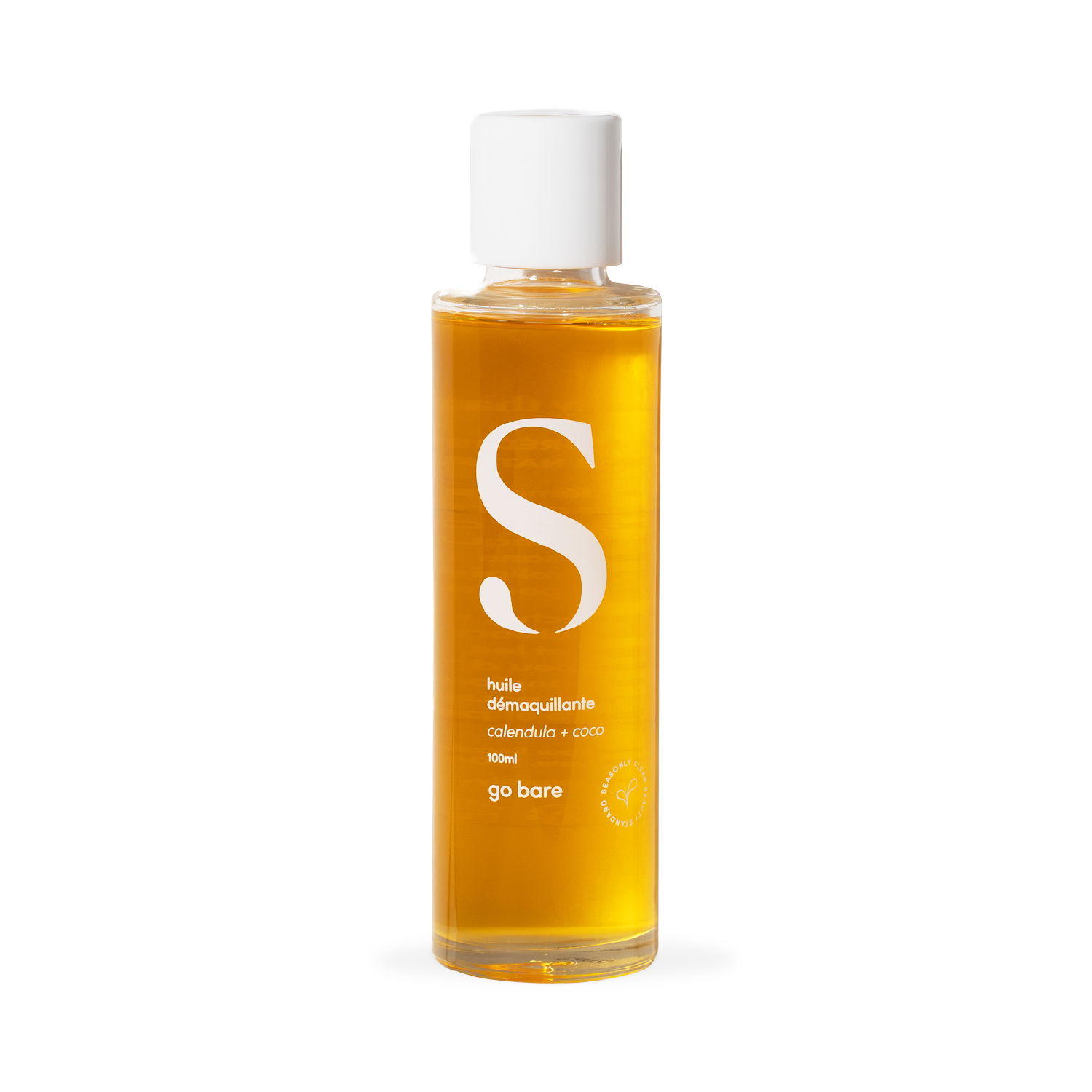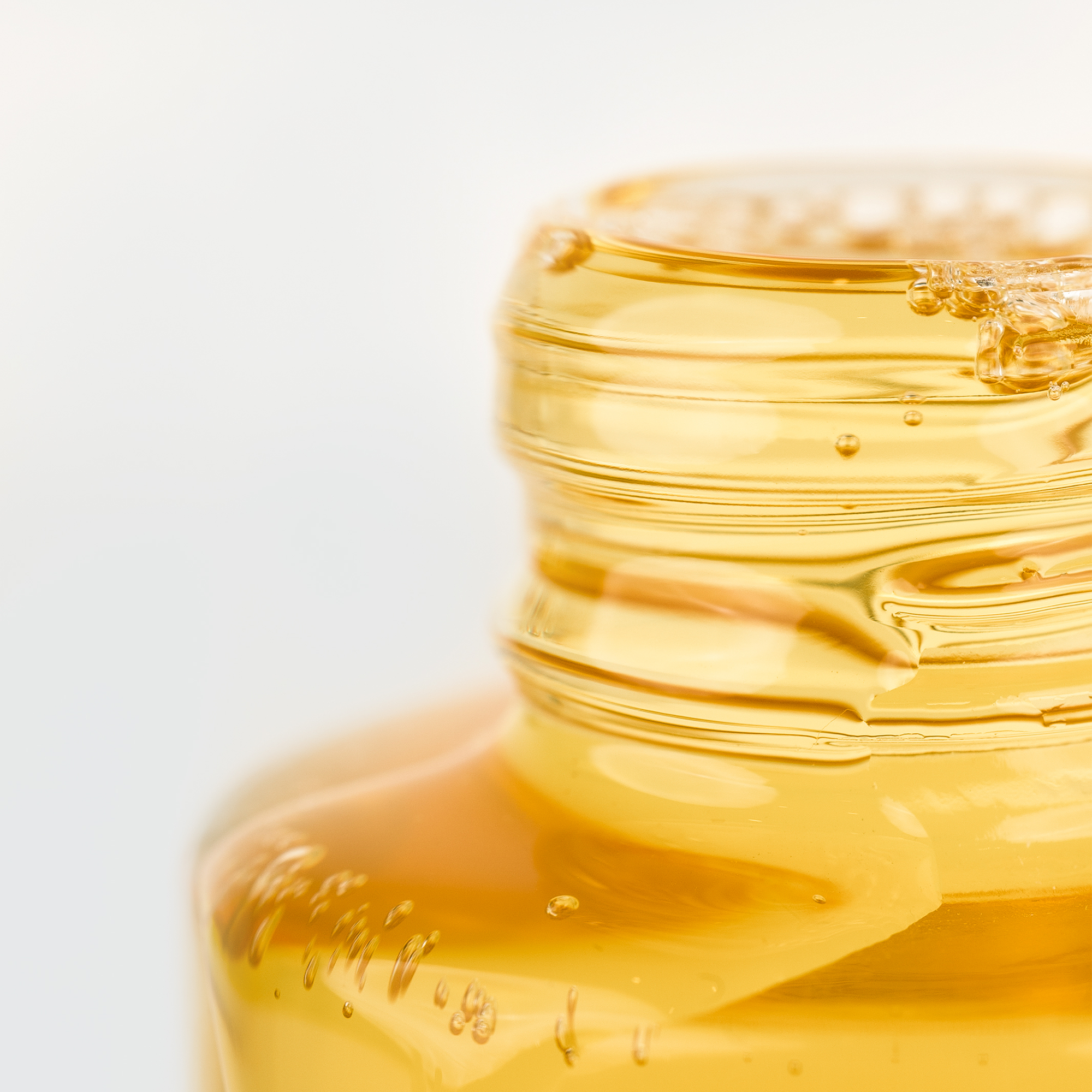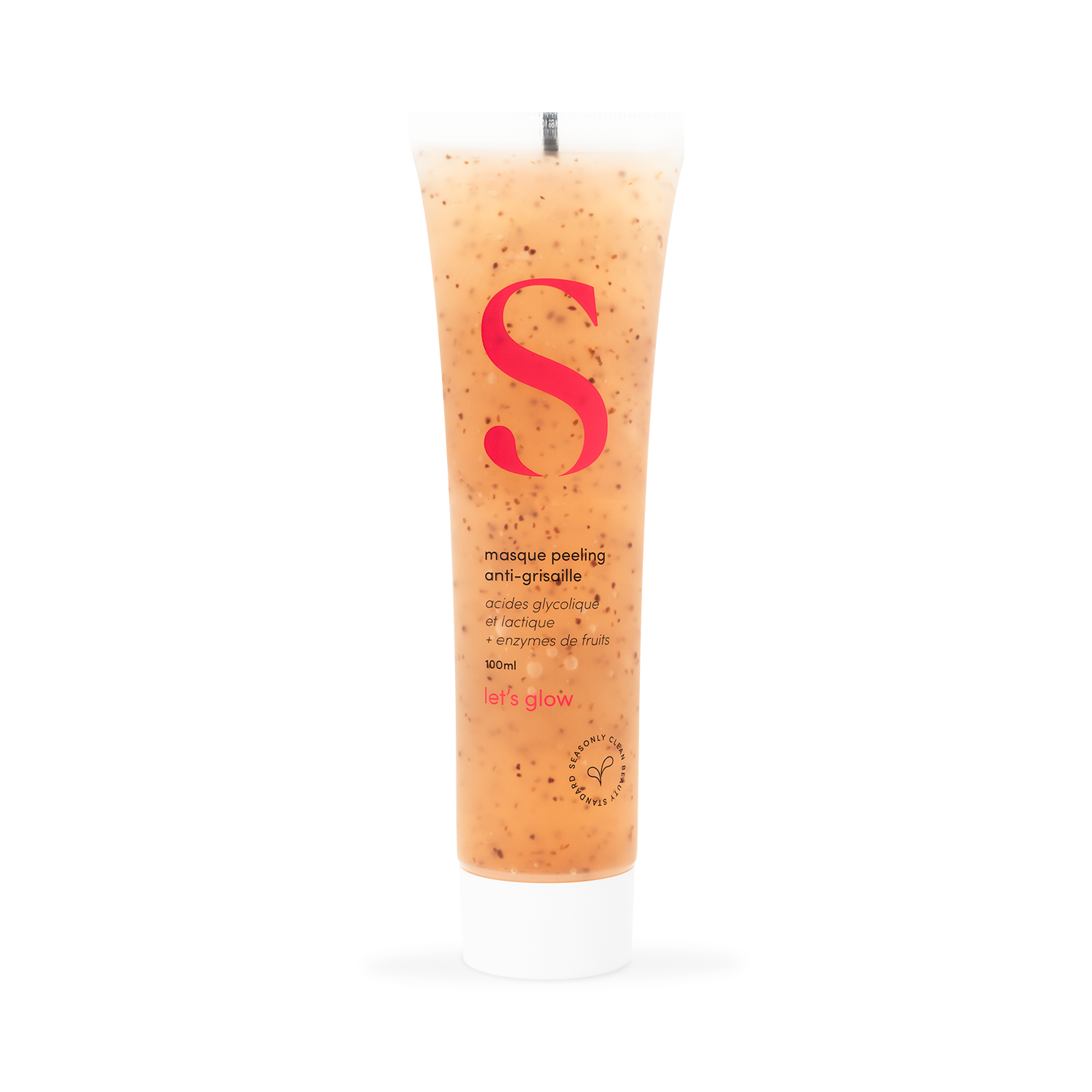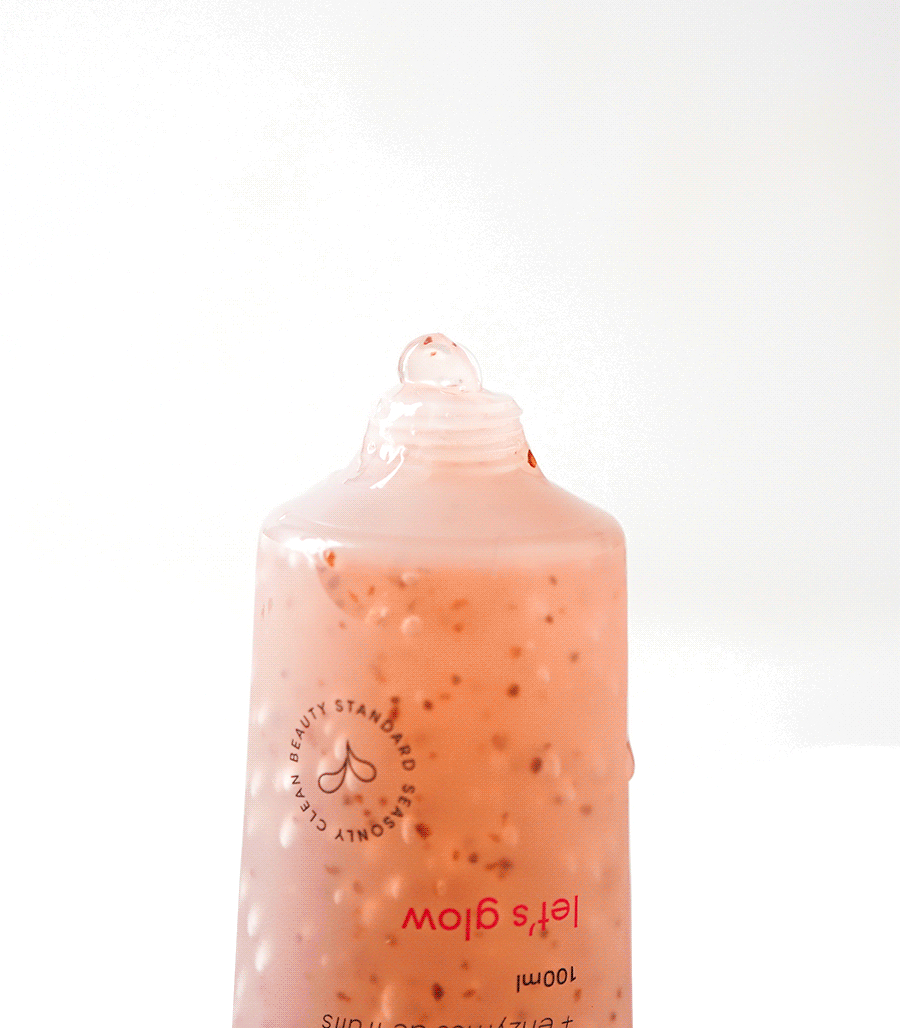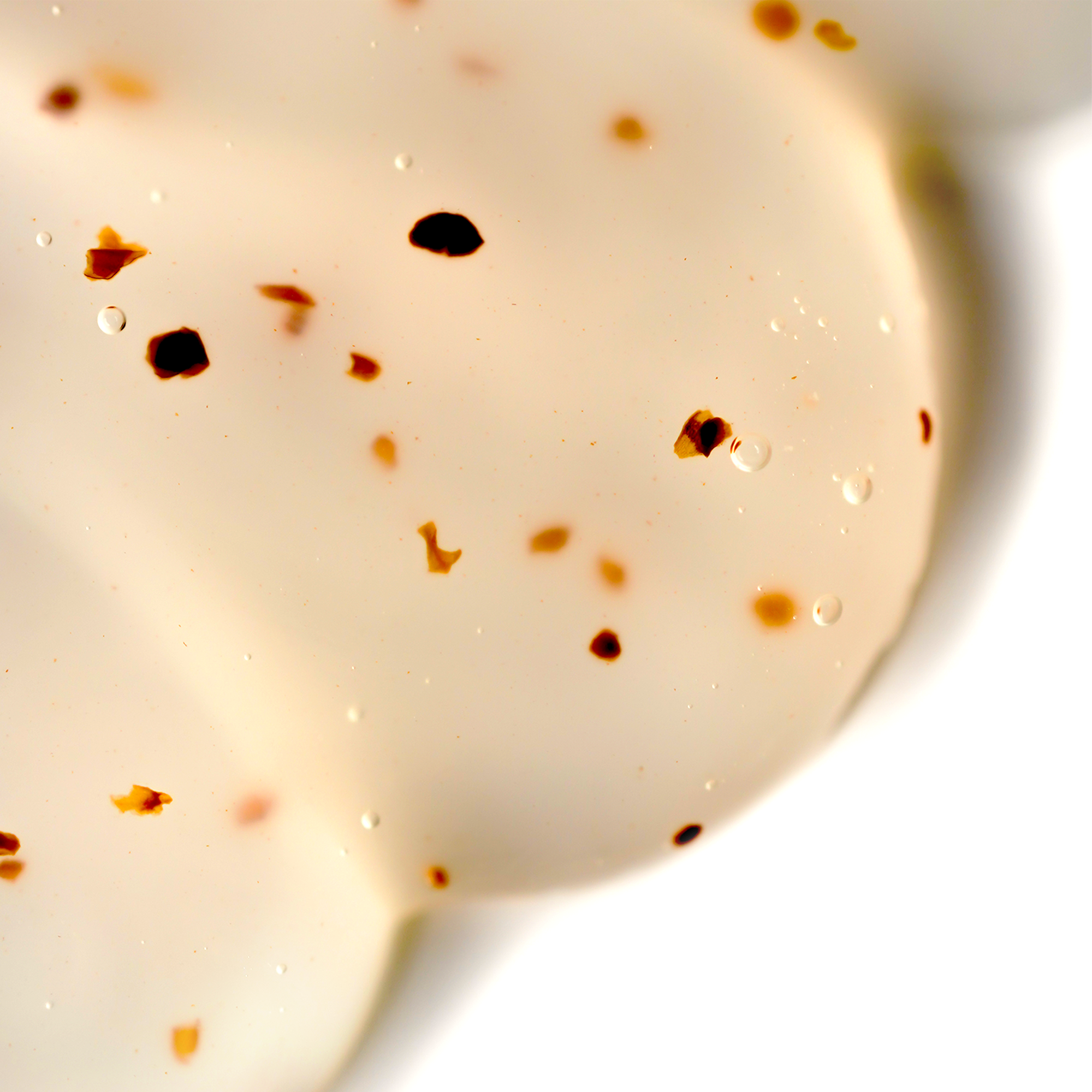Know your skin type
Knowing your skin type is essential to choose the care it needs; if you use drying and astringent products while your skin is dry, you risk disrupting your skin barrier and so on... We teach you here the different skin types and especially how to recognize yours.
What are the different skin types?
In summary, here are the most common skin types:
-
Normal skin: Normal skin is soft, supple and balanced. It has a smooth and uniform texture, without oily or dry areas. The pores are generally of normal size and the skin does not show any particular sensitivity.
-
Dry skin: Dry skin is rough, grainy and tight, with little or no oily areas. It may have fine pores and uneven texture. Dry skin often needs hydration and oils to maintain its elasticity and suppleness.
-
Oily skin: Oily skin is shiny, greasy to the touch, with enlarged pores and sometimes, imperfections. It may have a thick texture and black spots. The sebaceous glands produce more sebum than necessary, which can lead to problems such as acne.
-
Combination skin: Combination skin has oily areas on the T-zone (forehead, nose, chin) and dry areas on the cheeks. Pores on the T-zone may be enlarged, while pores on the cheeks are often fine. Combination skin often requires differentiated care for the different areas of the face.
How do I determine my skin type?
There are several methods of determining your skin type. Here are some steps to help you find out:
-
Clean your face: Make sure your face is clean and makeup-free before you begin.
-
Wait an hour: Avoid touching your face for an hour to allow your skin to return to its natural state.
-
Evaluate the appearance of your skin: If your skin is shiny, seems quite thick, uneven, it is probably oily. If your skin is tight, has redness or even very small patches that peel (desquamation), it is probably dry. If your skin has oily and dry areas and your pores are enlarged, it is probably combination. If your skin does not show tightness, your skin texture is not irregular and it does not shine, you probably have normal skin.
-
Assess how your skin feels: Touch your skin to assess its texture. If your skin feels soft and supple, it is probably normal. If it feels rough and grainy, it's probably dry. If it feels greasy to the touch, it's probably greasy.
-
Consider your skin's reactions: If your skin tends to redden, peel, or react to products, it's probably dry and sensitive.
What is the difference between skin type and skin condition?
In addition to different skin types, there are also different skin conditions that can vary depending on environmental conditions, skin care habits, and internal factors like health and age. Here are some of the most common skin conditions:
-
Dehydrated skin: Dehydrated skin lacks water and may feel tight or flaky. This can happen even in people with oily or combination skin. Common causes of skin dehydration include air conditioning, heating, insufficient water consumption, excessive sun exposure, and using overly harsh skin care products.
-
Dull skin: Dull skin can appear tired, dull and lack vitality. This can be due to factors such as stress, fatigue, an unbalanced diet, sun exposure and smoking.
-
Mature skin: Mature skin is characterized by the appearance of fine lines, wrinkles and age spots. Mature skin is often drier and less elastic due to the decrease in collagen production that occurs with age.
-
Acne-prone skin: Acne-prone skin is characterized by the presence of pimples, blackheads and clogged pores. This is often due to excessive sebum production, clogged pores and bacterial overgrowth.
-
Sensitive skin: Sensitive skin may be prone to redness, itching and irritation. This can be caused by factors such as allergies, harsh ingredients in skin care products, hormonal changes, or medical conditions such as eczema or rosacea.






